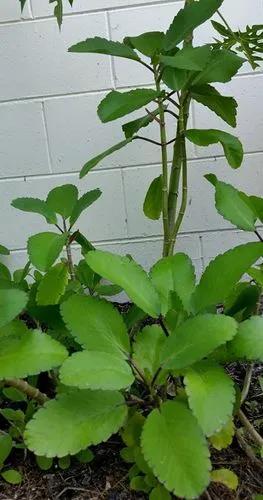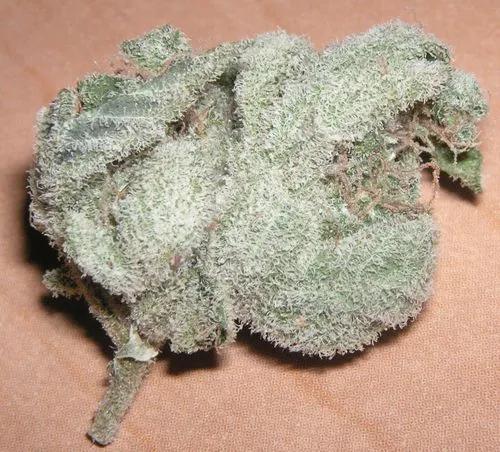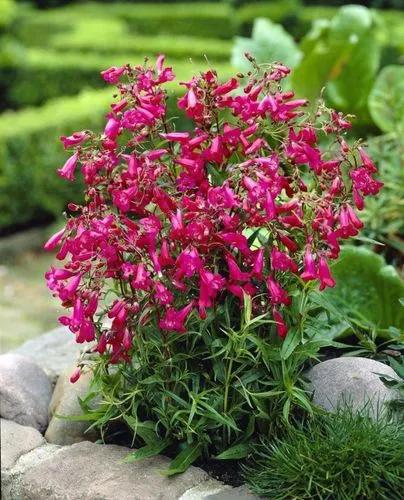Dianthus caryophyllus, commonly known as the carnation or clove pink, is a species of Dianthus. It is probably native to the Mediterranean region but its exact range is unknown due to extensive cultivation for the last 2,000 years.
Carnation Care
Dianthus caryophyllus
Other names: Clove Pink



Dianthus caryophyllus is a herbaceous perennial plant growing up to 80 cm (31 1⁄2 in) tall. The leaves are glaucous greyish green to blue-green, slender, up to 15 cm (6 in) long. The flowers are produced singly or up to five together in a cyme; they are around 3–5 cm (1 1⁄4–2 in) diameter, and sweetly scented; the original natural flower color is bright pinkish-purple, but cultivars of other colors, including red, white, yellow, blue and green, along with some white with colored striped variations have been developed. The fragrant, hermaphrodite flowers have a radial symmetry. The four to six surrounding the calyx, egg-shaped, sting-pointed scales leaves are only ¼ as long as the calyx tube. The wild carnation is found in the Mediterranean countries of Croatia, Greece, Italy (including Sicily and Sardinia), and Spain.
How to Care for the Plant

Water

In the beginning, tangerine trees need plenty of water to help them settle into place. As the tree ages, gradually scale back with water. Too much water drowns the roots and promotes disease, so while tangerines need plenty of water, avoid overwatering.

Pruning

Remove any dying or yellowing leaves for aesthetic reasons.

Fertilizer

Use slow-release fertilizer for container plants. Avoid using too much fertilizer.

Sunlight

Needs 12-18 hours of indirect sunlight.

Soil

The ideal blend of soil for plant growth is called loam. Often referred to as topsoil or black dirt by landscape companies, loam is a mixture of sand, clay, and silt.

Temperature

The optimum temperature for growing Carnations range from 50-59°F at daytime and 41-46°F at night.

Container

Here’s a handy guideline: increase pot size by 2.5-5 cm (1 to 2 inches) in diameter for plants that are growing in pots 25.4 cm (10 inches) in diameter or less. For larger plants, those growing in pots greater than 10 inches in diameter, increase the pot size by 5 or 7.62 cm (2 or 3 inches) in diameter.

Popularity

17,077 people already have this plant 1,857 people have added this plant to their wishlists
Discover more plants with the list below
Related articles






